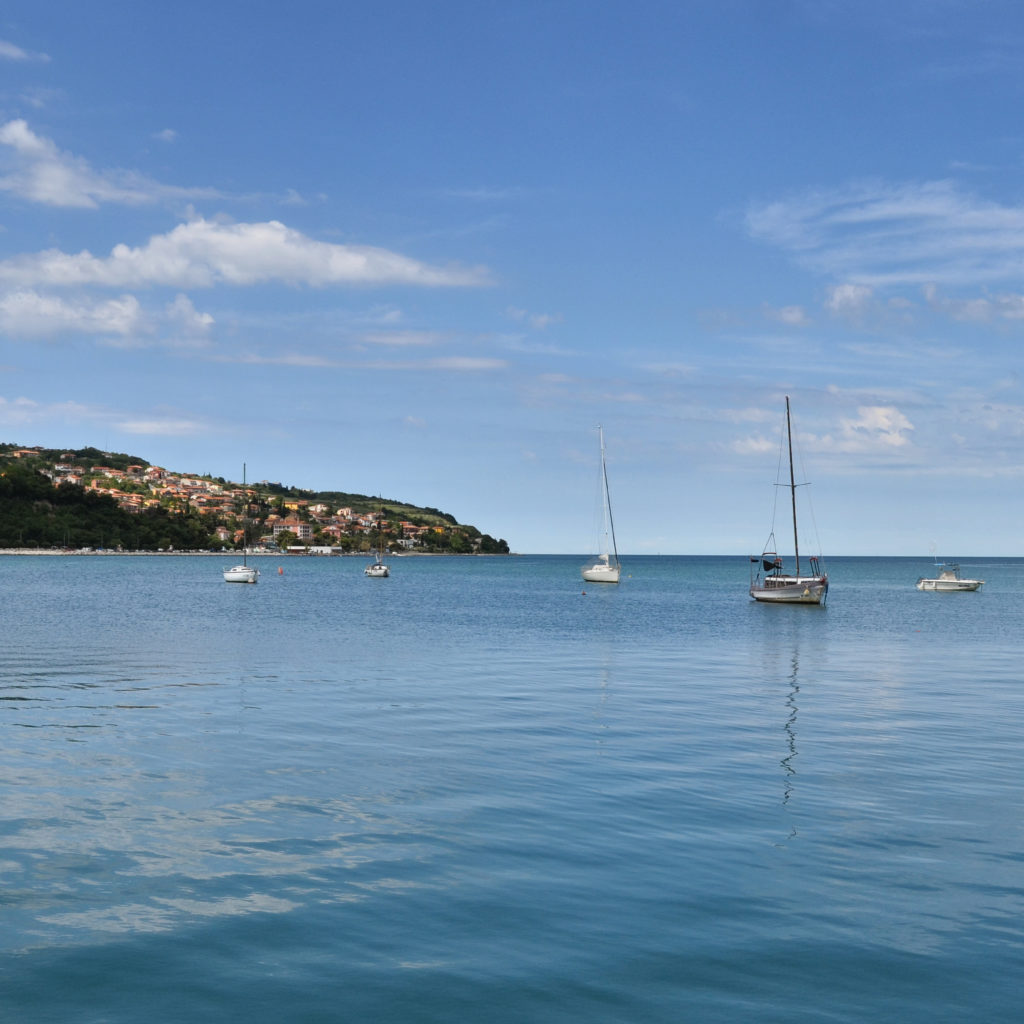This plant only grows in the area of the Mediterranean Sea and is one of the key and most fragile ecosystems in the sea.
These plants take in carbon dioxide (in a much more efficient manner than forests) and release oxygen, which is why they are also known as the “lungs of the Mediterranean”.
As the plants move, they slow the fluctuation of waves, thus reducing the influence of the sea on the coast, which is why these habitats decrease erosion. Furthermore, several types of sea creatures can be found living in the Posidonia oceanica habitats.
The Posidonia bed in Žusterna is a part of the Natura 2000 European network; furthermore, it is the only bed of its type in Slovenia, as well as the northernmost bed in the Mediterranean area. It has been classified as an area of ecological importance and a place with a high natural value of national importance.


